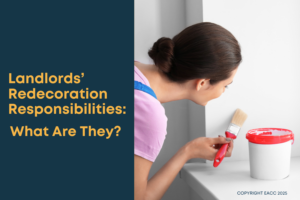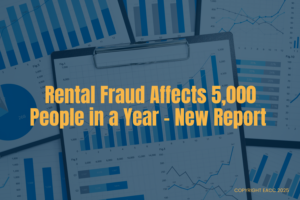With the latest report on the private rented sector once again showing that demand is far outstripping supply, the sector continues to be under huge pressure. Propertymark member branches reported an average of 142 applicants registered in February compared to an average of just five properties to rent in the same period.
With a rising demand for rented accommodation, the PRS needs property, and I always look to make it as straightforward as possible for those looking to invest or those looking to convert a current property to let.
This week and next I will be providing tips for those looking to become landlords for the first time or after a while away from the PRS. If you need advice on what and where to buy let me know, and here is some initial advice to keep you the right side of the legislation.
Do you need a licence? Depending on your property’s local authority, you may need to apply for a landlord licence before you can rent it out. This system is in place to ensure all properties are a certain standard, and although it was introduced in 2006, it hasn’t been adopted by all local authorities, so it’s worth checking if you need one.
Preparing your property: Get to know the area your property is in. For example, if you are near a university, furnishing the property may work better for renting out, whereas for young professionals or a family, they may well furnish it themselves.
Consider if the kitchen or bathroom need to be updated, whether the floor coverings or blinds or curtains need replacing, and if the decoration needs attention. Some improvements don’t have to be expensive but will make the property more desirable.
Finding suitable tenants: As a landlord, you will need to reference new tenants to check they can meet rent payments and other requirements. A Propertymark protected agent will be able to help you with these checks, which include credit eligibility, affordability, employer checks and any references from previous landlords. You are also legally obliged to confirm prospective tenants have the right to lawfully live in the UK through Right to Rent checks.
Putting a contract in place: It isn’t a legal obligation to have a tenancy agreement, but it is strongly advised and best practice. A contract protects you, your property and your tenants from anything which you may disagree on such as rent payments, the deposit, length of tenancy, who lives there, keeping pets and how the property and anything inside it should be treated. Your agent will help you produce a legally binding contract that all parties should sign before the keys are handed over.
I hope these tips help and I’ll provide more next week, but if you would like any further information on this from our specialist team at Pennington – or anything else on the local letting market – I look forward to hearing from you.






